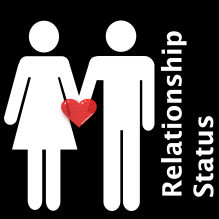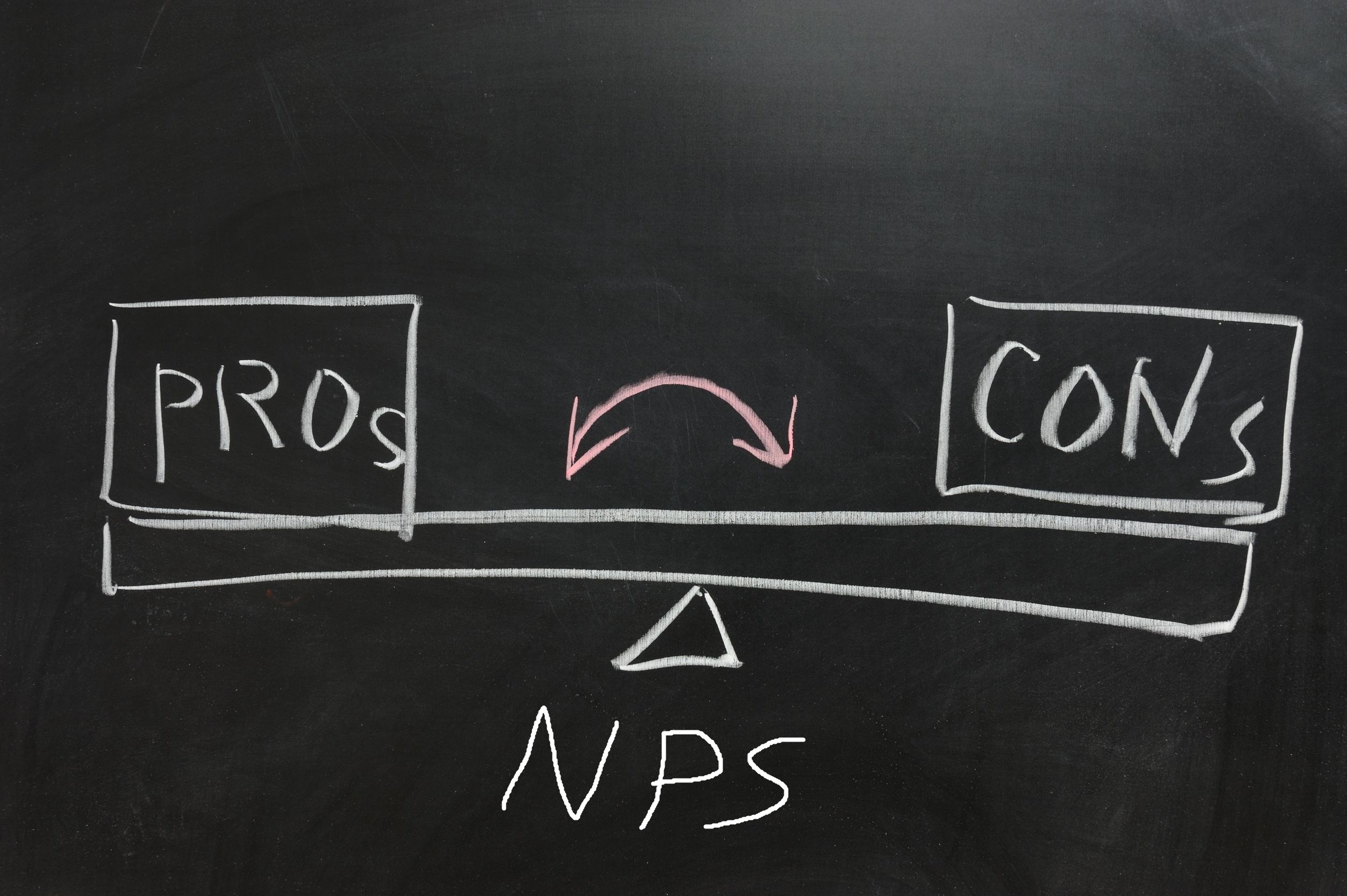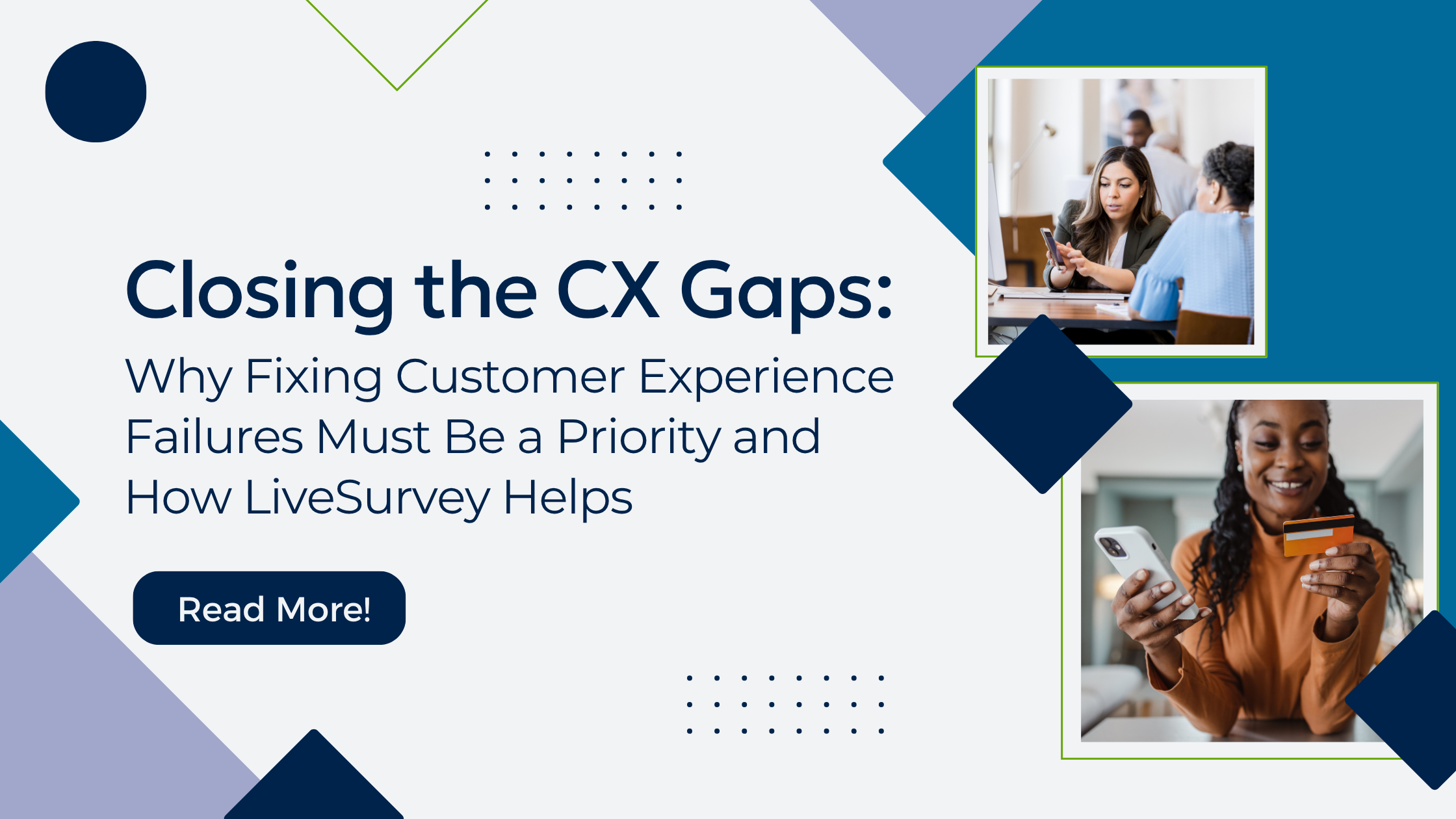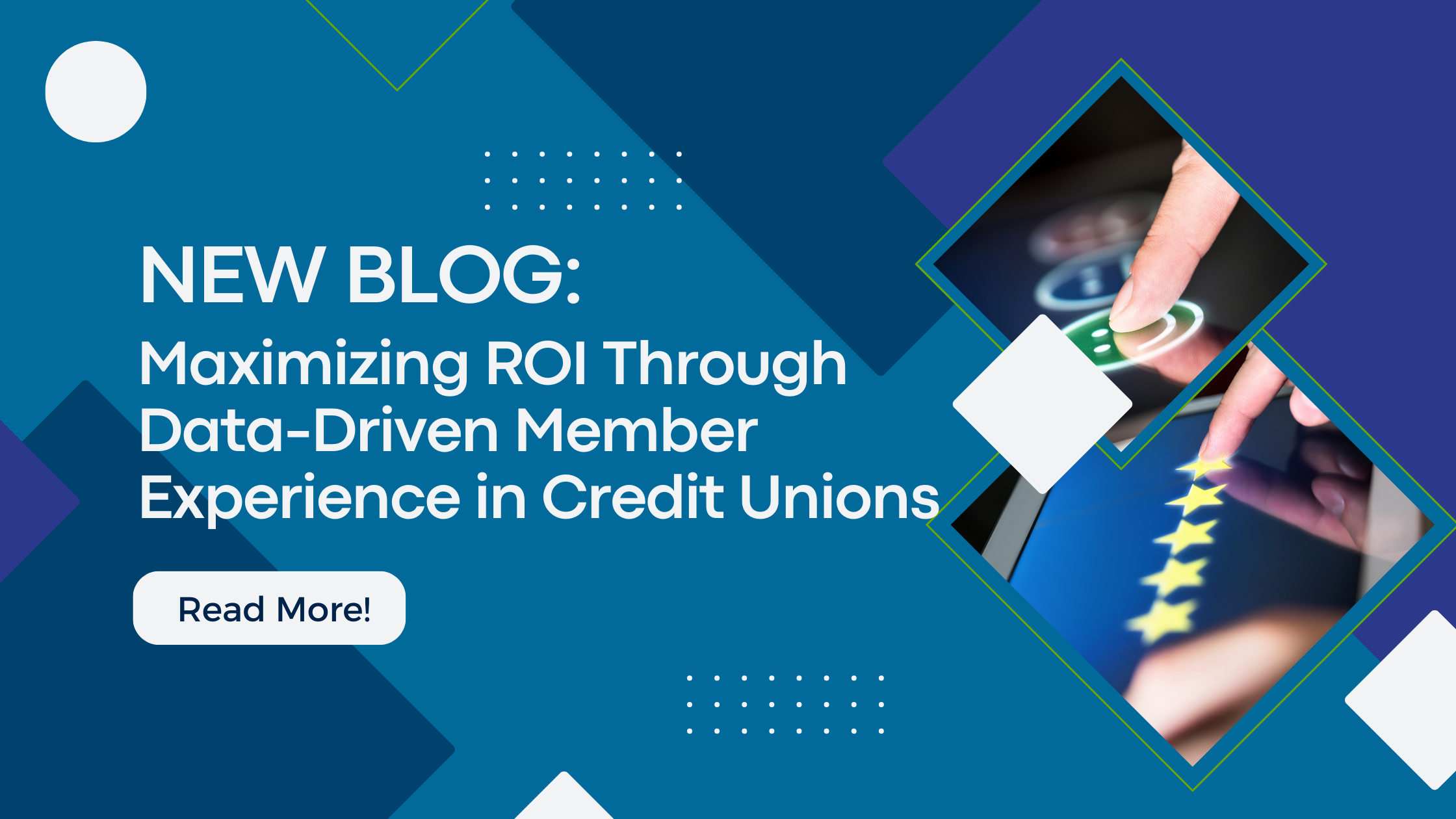Most people know the story about the Nordstrom employee who let a customer return a set of snow tires despite the fact that the store never carried them. Or the one about the Zappos employee who spent six hours on the phone with a customer, just to keep him company. These stories are nice, but a growing number of Credit Union professionals are embracing the idea that these aren’t stories we should try to emulate. In fact, even *trying* to give “great” customer service can be detrimental to your business.
In his now-famous book “The Effortless Experience”, Matthew Dixon presents a very compelling case for the theory that striving to be like Nordstrom does nothing to improve member loyalty. Mountains of research from over 400 companies led to the conclusion that:
1. Satisfaction is not a predictor of member loyalty
2. The key to mitigating disloyalty is reducing member effort
And, in fact, the best thing you can do for your members is simply this: don’t frustrate them.
How to Measure Your Member Effort Score
The theory and resulting scoring model presented in the book is fascinating. By asking a single question and scoring the answers according to their metric, you have the only number you need to manage your member service expectations.
So, what’s the new “One Question”? Here it is:
To what extent do you agree or disagree with the following statement:
[the company] made it easy for me to handle my issue
(1) Strongly disagree
(2) Disagree
(3) Somewhat disagree
(4) Neither Agree nor Disagree
(5) Somewhat Agree
(6) Agree
(7) Strongly Agree
Calculate It!
Subtitle: Ugh, Math is Hard
The book goes on to explain the formula used to calculate the Member Effort Score (hint, it’s not a simple average) and gives a massive amount of detail and many great examples showing how to manage your organization to measure it and improve it, thereby increasing member loyalty. I won’t go into it here, but it’s in the book. Pick up a copy here, if you’re interested.
If member surveys are in your job function, it’s worth your time to read “The Effortless Experience”. It’s a very compelling argument that deserves consideration. After decades of telling each other, we must cater to “Promoters,” perhaps the Credit Union industry should give this one a try.





